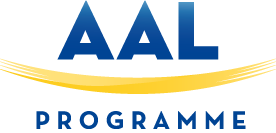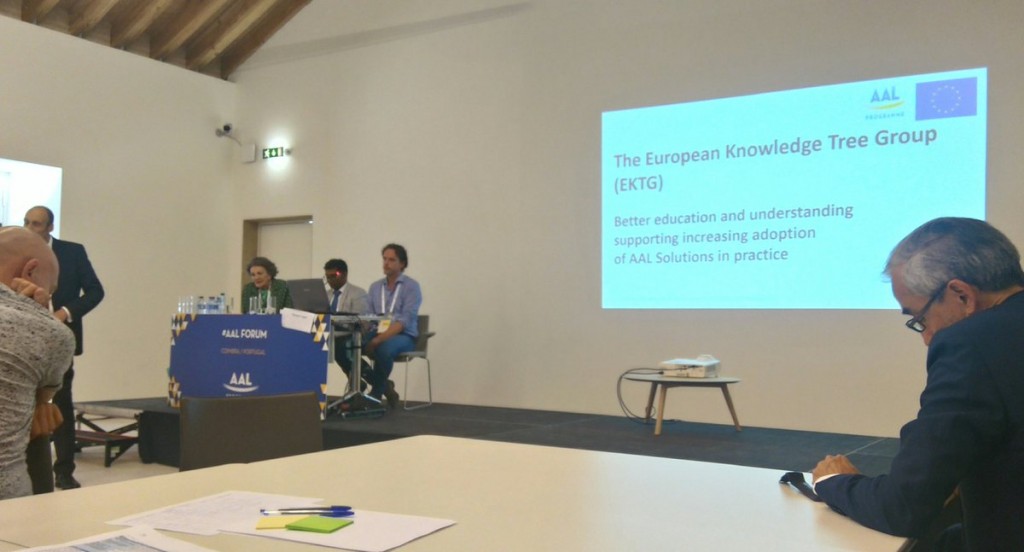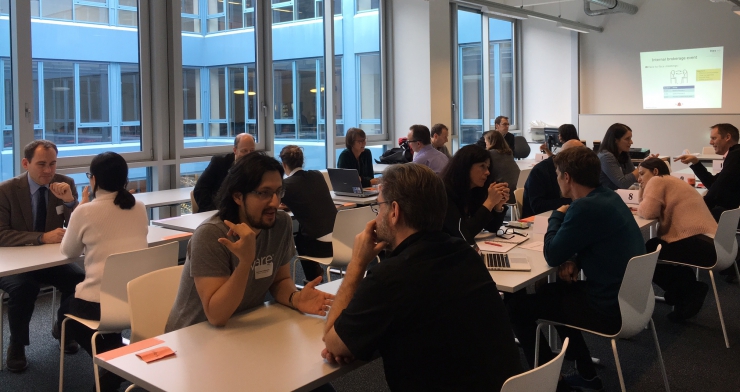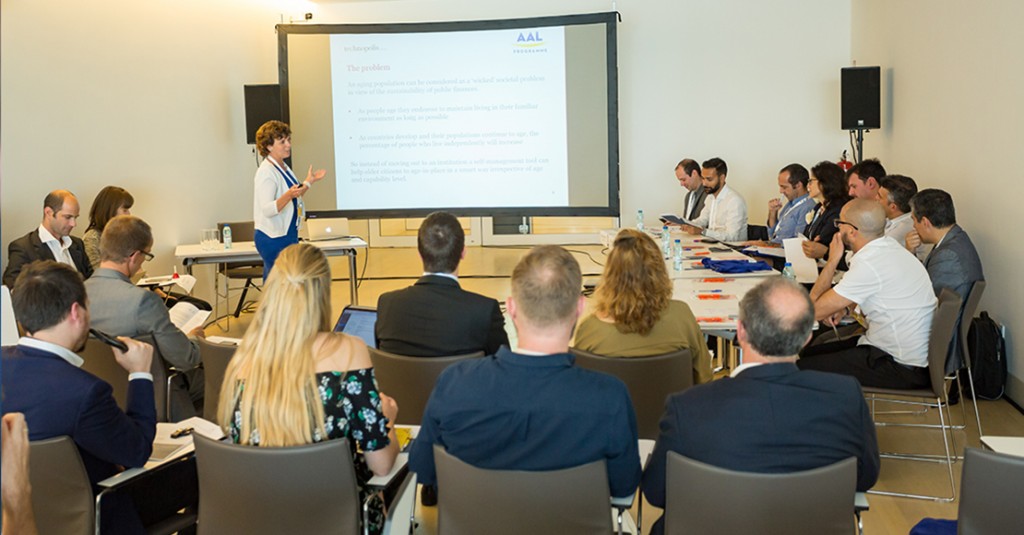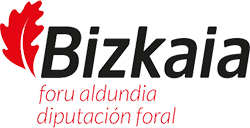Call for workshops
Call for workshops is OVER
THANKS SO MUCH to all participants for your contributions!
CALL FOR INTERACTIVE SESSIONS & WORKSHOPS
THEMATIC AREAS
Five thematic areas were identified by the AAL Forum Programme Committee as the pillars of the 2018 edition of the AAL Forum. All proposals should belong to one of the thematic areas identified by the Forum Programme Committee leaving also the possibility to suggest your own idea within the open topic theme.
The thematic areas are:
Theme 1: DEMAND-DRIVEN TRACK: REGULATED MARKETS
This theme aims to engage the demand side of Active Assisted Living regulated markets in health, care, wellbeing, housing etc., presenting complementary perspectives influencing the AAL solutions roll-out. Among them, we expect that different perspectives may be presented, from real application cases to understanding the policy environment and the future dynamics, such as within:
1. Pre-commercial procurement (PCP) and Public Procurement Innovation (PPI) projects
2. Local and Regional Authorities (LRA) solutions
3. Smart Specialization Strategy (RIS3) implementation
The Forum Committee strongly recommends that each session should include a variety of stakeholders (industry and LRAs for instance). The Forum Committee will receive favourably proposals for example that allow understanding the reimbursement schemes for the related social care domain and how this can be used to deploy AAL technologies.
Sessions in this theme could include topics such as: Good practices of Pre-Commercial Procurements (PCP) and Public Procurement of Innovative Solutions (PPI); PPPs (Public Private Partnerships) as an innovative financial model; large companies interested in broadening their scope; regional ecosystems promoted at the RIS3 strategies regarding AAL solutions.
Theme 2: LIFE AFTER AAL – ENSURING AAL SOLUTIONS GETTING TO THE MARKET
This theme aims to focus on what remains to be done after an AAL project has finished, in order to ensure that the project results are deployed. There is a need to better understand the landscape of the public and private financing opportunities for effective projects.
The Committee aims also at involving actors who already received support to get to the market and others who are looking for that, so as to present their experiences and share practices. Understanding individual paths is one way to understand trends and collect lessons learned that influence future stakeholders in their way to the market.
In this sense, the Committee would also like to listen to the learning from failures – what did you learn from your errors or flops and how sharing them may prevent others from experiencing the same failures. It may aso be interesting to share what could be the role of large companies in the scalability of good projects.
Theme 3: BUSINESS TO CONSUMER MARKET: THE SILVER ECONOMY DIMENSION
This theme aims to better understand the role of market segments in the silver market and how this can bring about the desired social changes.
How to address this growing consumer segment of the ‘NewOld’ from a business and market perspective (in tourism there are good cases for example)?
How are companies working in the Silver Market and positioning themselves? Can we already describe it as a segment or a niche?
And the entrepreneurship of seniors? How is it already applied in practice to cope with Europe’s demographic change challenge? How could this help AAL and how may AAL solutions help to support this development?
What are existing marketing strategies in the ‘ICT for ageing’ domain?
Theme 4: AAL-RELATED ECO-SYSTEMS
This theme aims to investigate how to enable/strengthen AAL application area-related ecosystems. The Committee would like to bring in examples on integrating AAL solutions into the below AAL application areas as well as potential additional areas:
• Living & Building
• Mobility & Transport
• Education and training
• Financial support schemes (such as social bonuses, social impact-bonds, etc.)
Transversal initiatives, namely undertaken with other networks and areas of knowledge, such as Smart Cities, the EIP-AHA, reference sites, Social Innovation platforms and Innovative Mobility Research, among others should be presented and further explored.
Theme 5: OPEN FOR SUGGESTIONS
This theme aims to cater for any relevant thematic that is not included in the above themes, especially aiming at fostering the networking amongst the various stakeholders within the AAL arena.
PROPOSALS
All proposals should clearly indicate the following:
- Rationale & Objectives
- Programme/method
- Indicative number and type of speakers or experts;
- How you envisage to achieve interactivity with the participants;
- Name of session chair/workshop leader.
This year the Programme Committee would like to stress the importance of fostering the networking amongst the various stakeholders and of ensuring an increased quality control of the Forum sessions as the key building blocks of the Forum.
Sessions that only aim at presenting an existing AAL Project are not being encouraged. The focus of this year’s programme will be more about the inter-relation and -action of the different players in their respective eco-systems.
SELECTION CRITERIA
The Forum shall be a place for exchange and interaction and not about top-down presentations. In this respect the Committee encourages in particular the four different types of collaborative sessions:
- workshops for advancing on a specific topic with a desired outcome and follow-up,
- the development of joint ideas through world-cafe format, etc.,
- the pitching of projects/ideas through speed-dating, etc.,
- the exchange of experiences via an open debate.
The Programme Committee will evaluate each proposal based on the following selection criteria amongst otheres:
- Interactivity (active involvement of the participants for at least 1/3 of the overall duration of the session);
- Quality and novelty of the concept proposal.
- Match/Link with Forum themes
Selected proposals can be put forward for a time slot of either 90 minutes or 45 minutes. The Forum Committee will favour proposals of 90 minutes’ duration for strongly interactive proposals.
The session coordinator will be held responsible for the timely communication of all information regarding the content and the name of the speakers/experts to the AAL Forum organizers. Furthermore, each session coordinator needs to ensure that a summary of the session and all presentations are made available to the organiser for publishing on the website after the AAL Forum.
RESPONSABILITIES OF THE COORDINATOR
Each session coordinator will have its travel and accommodation reimbursed (according to the regulations that she/he will receive), provided that she/he will deliver the session report, which will have to include:
- Short description of the workshop
- Policy recomendations that the session delivered (in three points)
- Recomendations for the future of the AAL Programme
